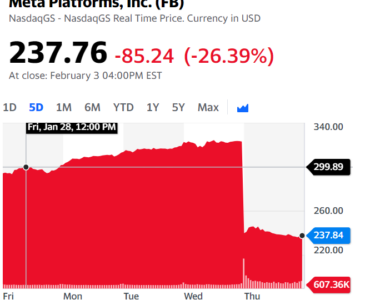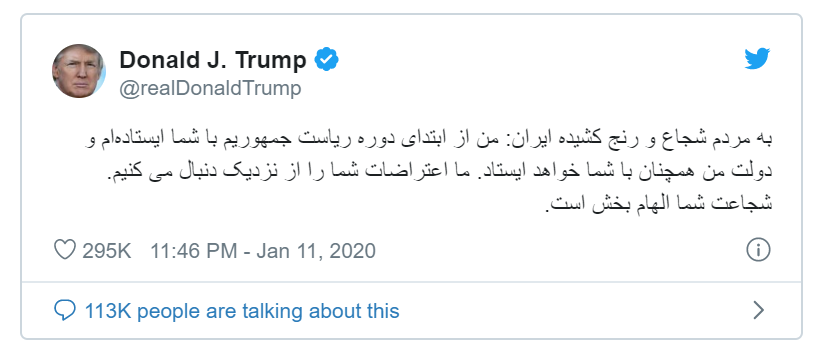by David Grunwald
Billionaire Elon Musk famously bought Twitter for $44 Billion and took the company private. Now what? Twitter is not a profitable company and has been losing money in recent years. Even in the odd year when they did turn a profit, it was very marginal.
Twitter has always been about talk and not about money. Just ask Donald Trump, who used Twitter as his personal channel with the public before he got kicked off the platform.
Now that Musk is the CEO and board chairman of Twitter, what are his plans? Certainly, he is focused on making money. As the world’s richest man, he is very good at it. And his actions in his first week at the Twitter helm seem to be centered around budget cuts and profits as he plans on reducing the headcount by as much as 50%.
One tweet by Elon from November 3, 2022 may be of interest to people in the translation and localization business.
True, Twitter has amazing content in Japan – roughly half of all adults online – but it’s almost never seen outside of Japan
— Elon Musk (@elonmusk) November 3, 2022
Twitter currently uses Google Translate to enable users to translate tweets in other languages. But the point that @AliZafarSays is making and to which Elon Musk responded is not about translation per se. It’s about getting content in other languages to Twitter users, based on their preferences and interests.
Today, most online translation of media is done manually and on demand. If a user finds content that is of interest, she or he will plug it into an online translator to understand what is written. But if a person does not understand a certain language, then how will they know that the content is of interest? This new concept would automatically translate large volumes of content, tag it and then feed it to users in their own language.
Let’s say that a person is a baseball fan, then maybe Twitter will insert tweets about the baseball league in Japan and in the Dominican Republic. And serve the tweets in English to baseball fans in the USA. If this becomes a reality, news stories, travel information, local weather and more will be fed from all around the world to users without language boundaries.
Such an algorithm change would also favor advertisers, who could launch international marketing and ad campaigns without having to worry about each language. Online newspapers could also increase ad clicks and revenue as their content becomes more widely read.
Twitter would boost advertising revenue and profit by offering localized ad campaigns to a much wider and culturally diverse audience. No doubt Twitter will cooperate with MT companies or even develop the capability in-house to enable this new concept.





